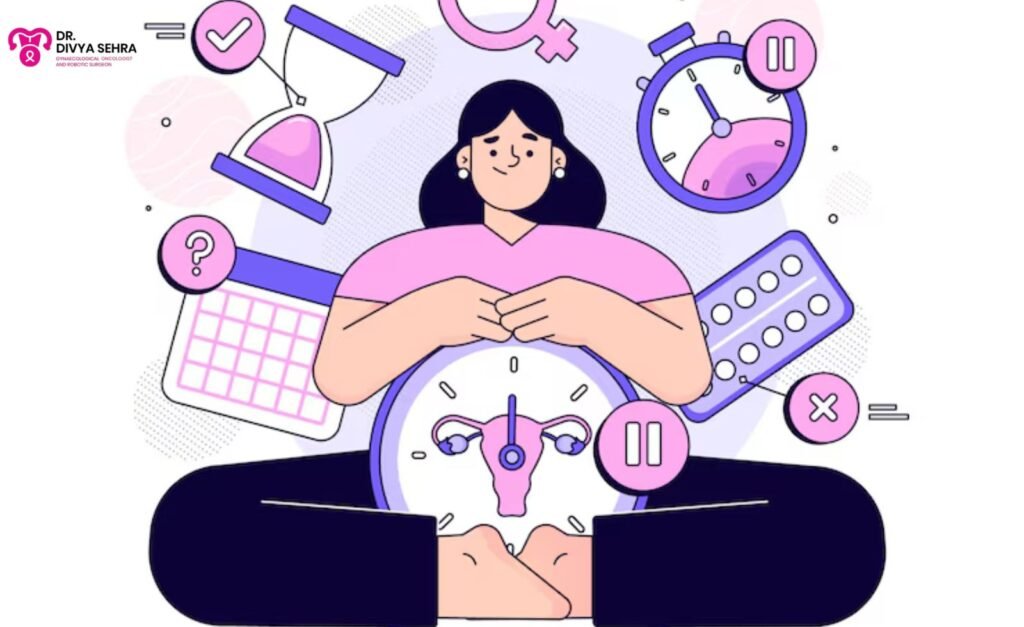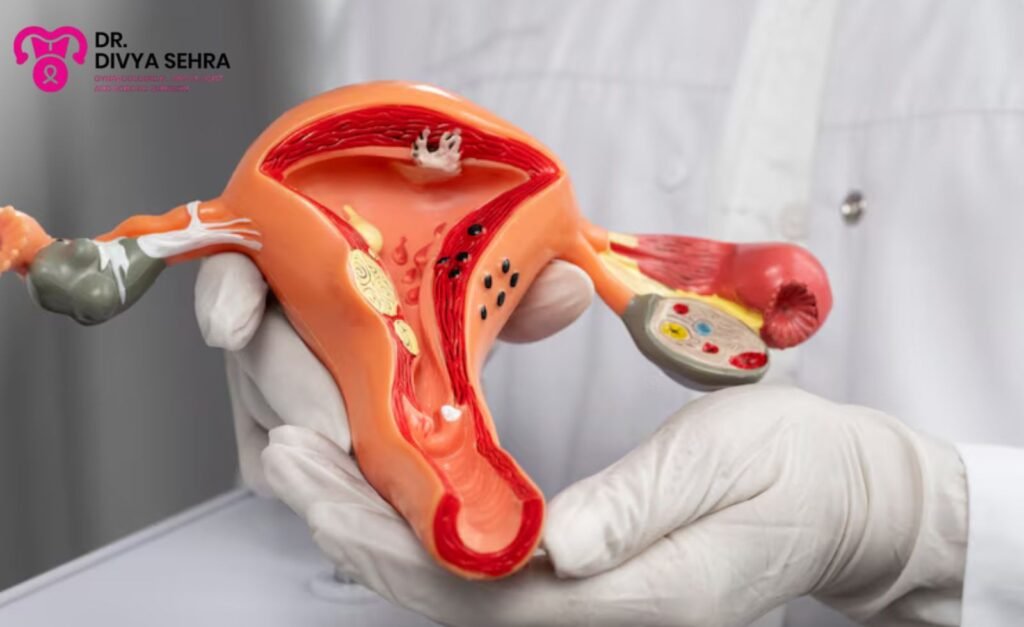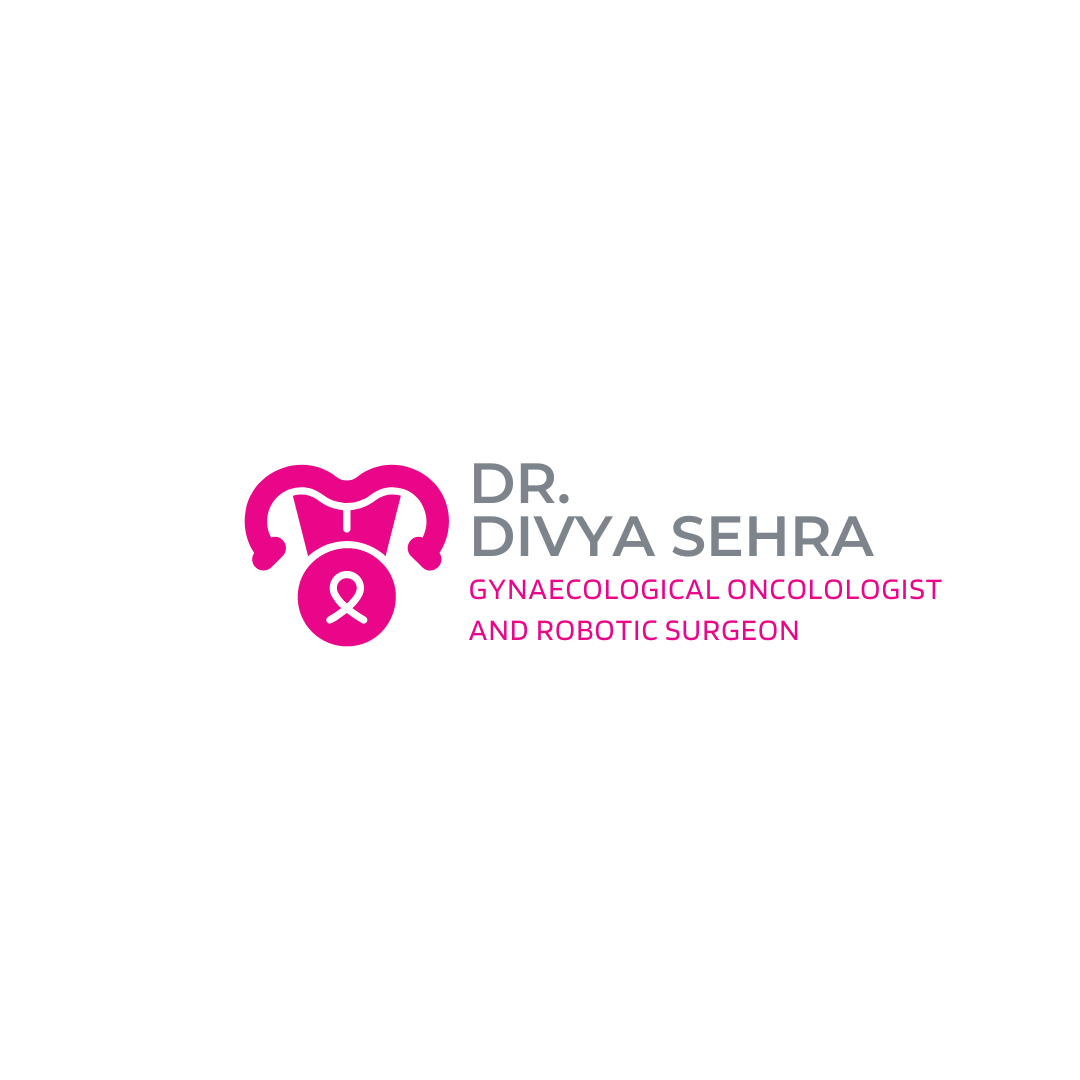
Signs, Prevention, and the Path to Better Health
The rising incidence of cervical cancer and hormonal imbalance-related issues is a growing concern for women’s health globally. Cervical cancer, largely caused by Human Papillomavirus (HPV), is one of the leading causes of cancer-related deaths among women. Yet, it remains preventable with early screening, vaccination, and timely intervention.
On the other hand, hormonal imbalances—often triggered by factors like stress, poor lifestyle choices, and environmental toxins—can disrupt daily life. These conditions emphasize the importance of awareness and proactive care. With expert guidance from Dr. Divya Sehra, Consultant – Gynecologic Oncology at Manipal Hospital Dwarka, let’s explore these pressing health issues and how women can safeguard their well-being.
Understanding Cervical Cancer
Cervical cancer begins in the cervix, the lower part of the uterus, and is most commonly caused by persistent HPV infections. It develops over time, often without symptoms in the early stages, making regular screenings crucial.
Indicators of Cervical Cancer
- Irregular Bleeding
Spotting between menstrual cycles, unusually heavy bleeding, or postmenopausal bleeding could signal potential issues. Stress or weight loss might alter your menstrual pattern temporarily, but persistent irregularities warrant medical attention. - Continuous Vaginal Discharge
Watery, bloody, or foul-smelling vaginal discharge can indicate severe gynecologic conditions, including cervical cancer. - Pain and Bleeding After Intercourse
Discomfort or bleeding during intercourse might be linked to inflammation or irritation in the cervix, a common symptom of cervical cancer. - Lower Back or Pelvic Pain
Persistent aches in the lower back or pelvic region could arise due to the pressure exerted by growing cancer cells.
Hormonal Imbalances - The Hidden Disruptor

Hormonal fluctuations are a natural part of life, especially during puberty, pregnancy, and menopause. However, untreated hormonal imbalances can lead to severe health issues such as PCOS, diabetes, and thyroid disorders.
Causes of Hormonal Imbalances
- Poor diet and stress
- Chronic medical conditions
- Environmental toxins
Symptoms of Hormonal Imbalances
- Age-Related Changes
Reproductive milestones like childbearing, perimenopause, and menopause contribute to the wear and tear of internal organs like ovaries, leading to hormonal dysregulation. - Weight and Appetite Fluctuations
Sudden weight changes, food cravings, or loss of appetite are common signs. - Decreased Bone Density
Hormonal imbalances can weaken bones, increasing the risk of osteoporosis or fractures. - Skin and Hair Issues
Skin may become acne-prone or change texture, while hair thinning or excessive growth can also occur.
Prevention of Cervical Cancer and Hormonal Imbalances

- Regular Screenings for Cervical Cancer
Screening methods like the Pap smear test and HPV DNA test are essential. Dr. Divya Sehra advises starting screenings at age 21 or as recommended. - Vaccination
HPV vaccines significantly reduce the risk of cervical cancer. Vaccinating both girls and boys between 9 and 26 years ensures comprehensive protection. - Healthy Lifestyle Choices
Adopt a balanced diet, exercise regularly, and manage stress effectively to maintain hormonal balance and overall health.
How to Address Hormonal Imbalances
- Dietary Changes
Include nutrient-rich foods such as leafy greens, whole grains, and lean proteins. Avoid processed foods and excessive sugar. - Medical Consultation
Seek professional advice for conditions like PCOS, hyperthyroidism, or diabetes to tailor treatments effectively. - Stress Management
Incorporate relaxation techniques like yoga, meditation, or deep breathing exercises to manage stress.
Take Charge of Your Health
Consult Dr. Divya Sehra for cervical cancer and hormonal imbalance care at:
- Manipal Hospital Dwarka, Delhi
- Primax Superspeciality Centre, Gurugram
- 29 North West Avenue, Punjabi Bagh, Delhi
Early care saves lives—prioritize your health today!



